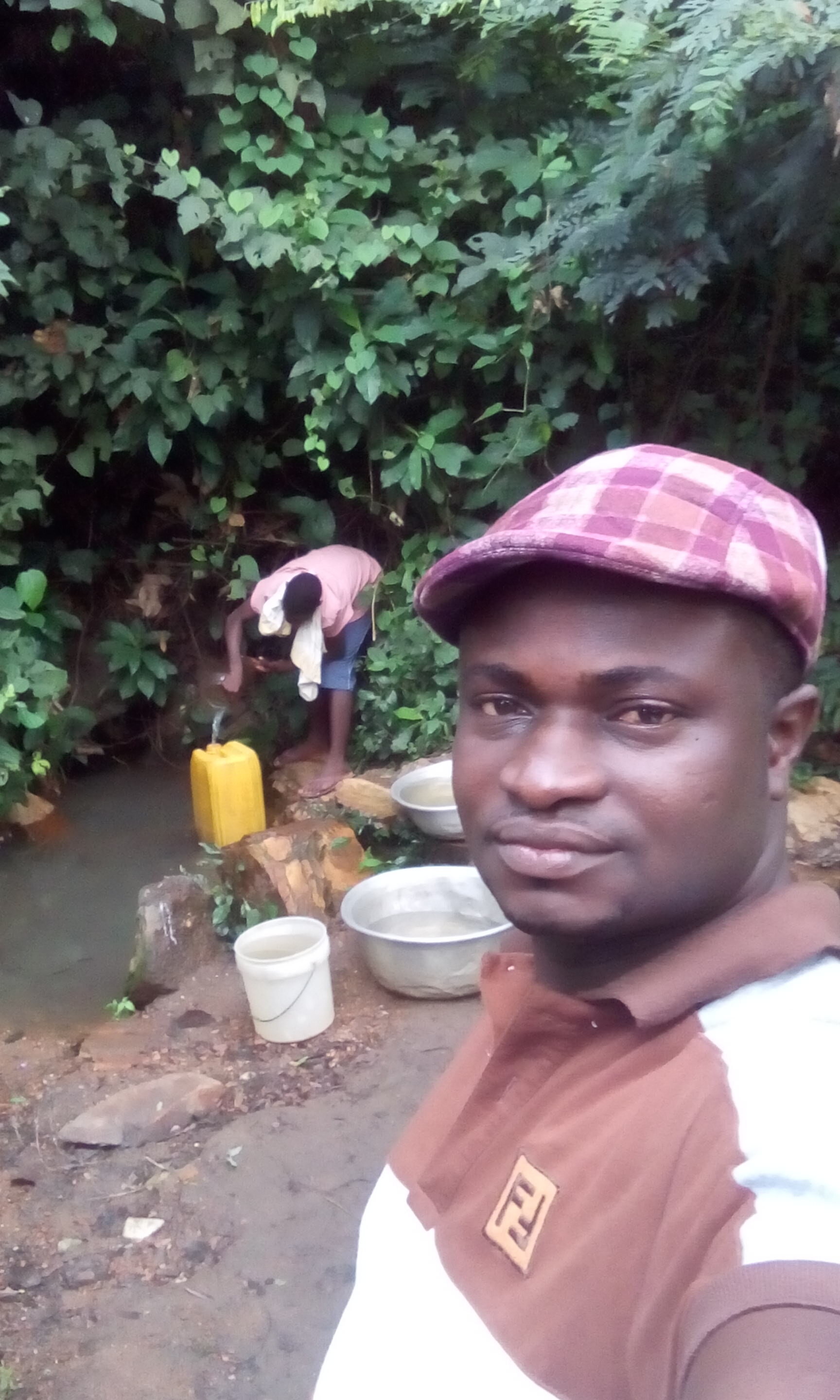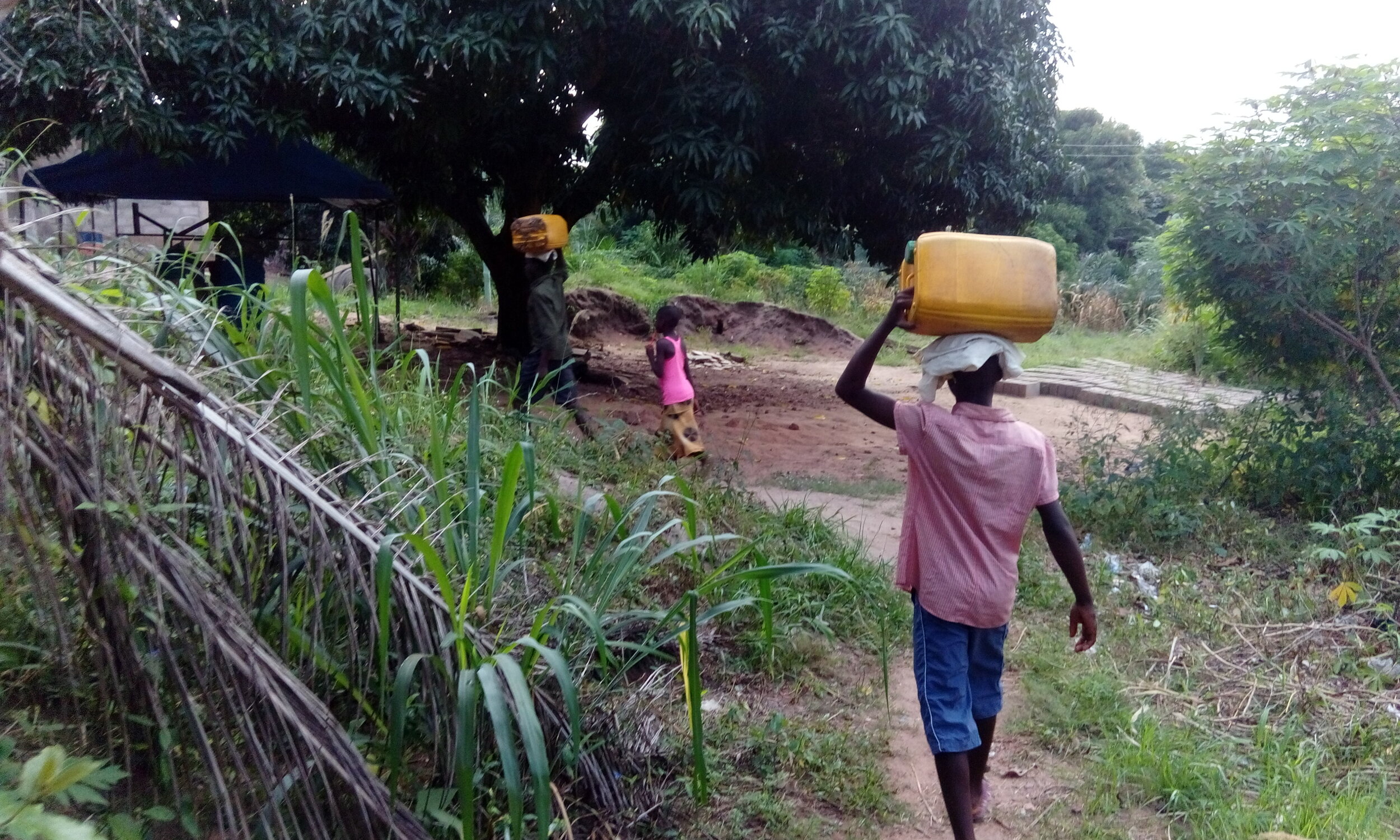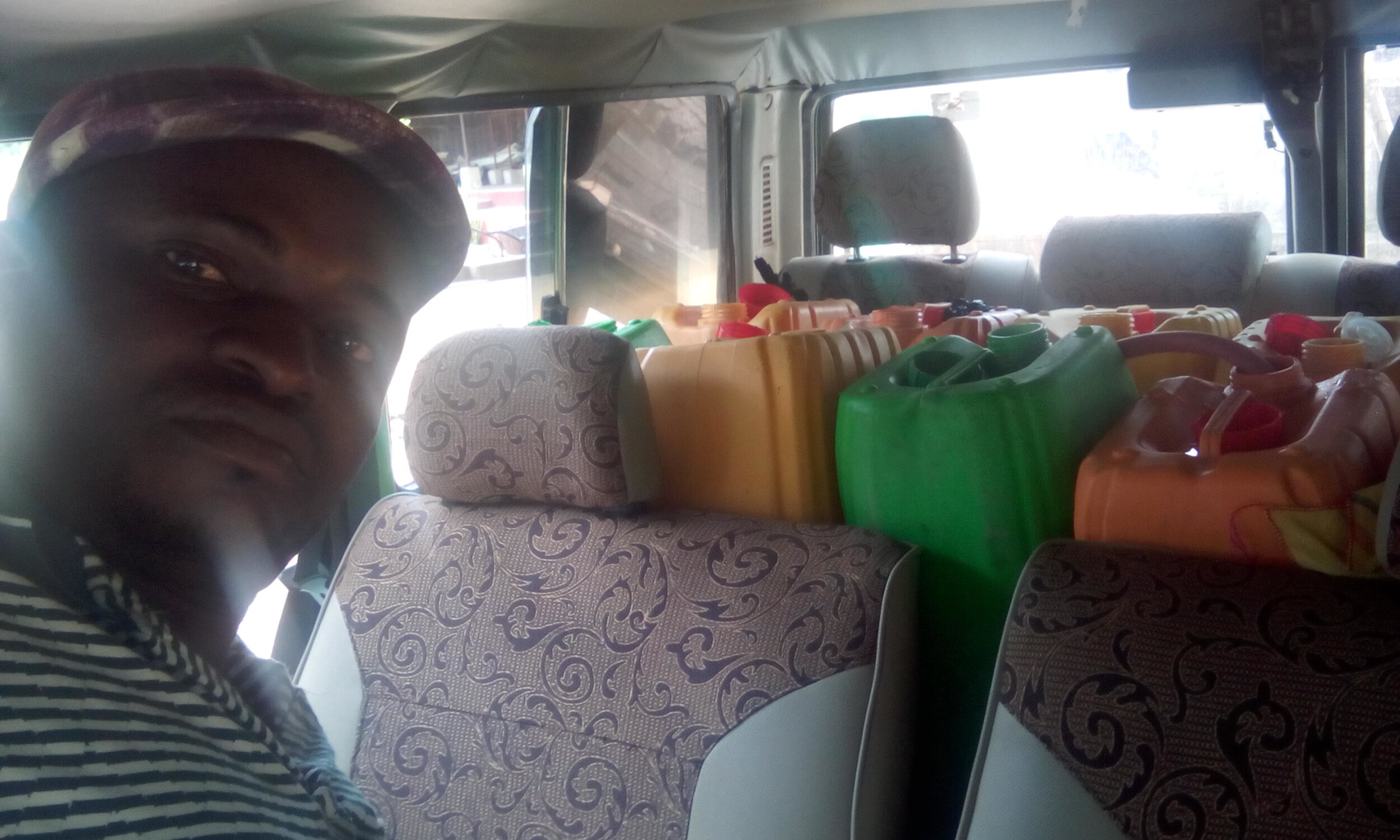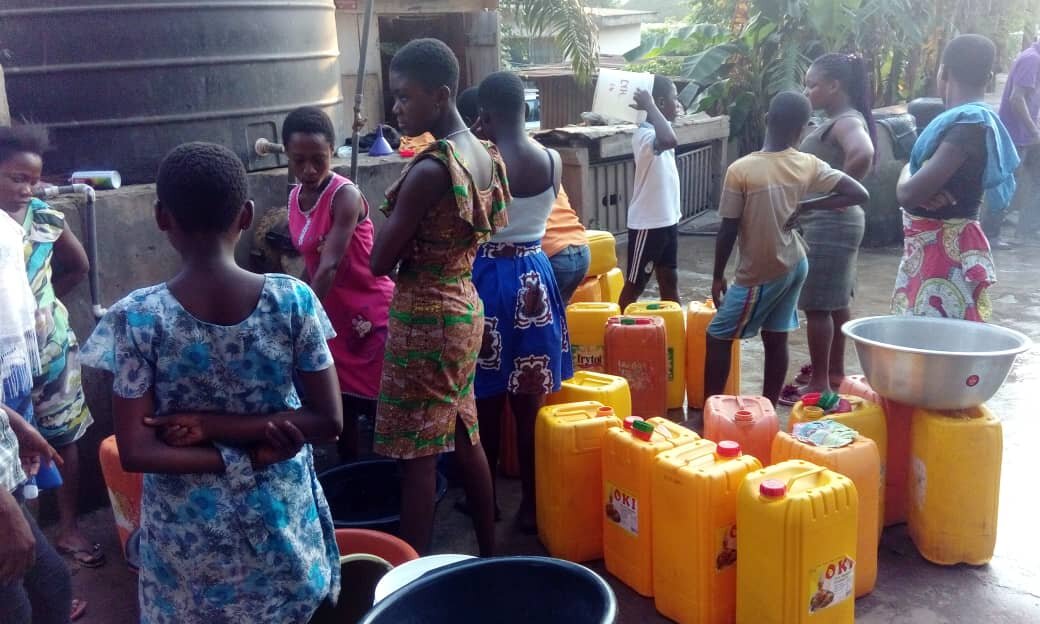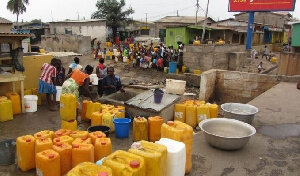Averting Crisis #CholeraIsReal
On a Thursday afternoon in late August, Kelvin sent us a photo of a carload of cans he had just collected of water from a stream, the only source for some of our scholarship recipients with no running water.
While we are used to seeing this process for those in need in rural villages, this time, it was the entire community that was without water - due to a broken pipeline. Although Kelvin has a filter, he shared that others were collecting from the streams in town, which are so polluted, it is hard to breathe when you’re even near them. We offered to immediately ship filters, but he asked us to wait. This was Day 5 of the outage.
The thought of that contaminated water being collected and used kept me up that night, restless with concern for every child and teacher we have ever worked with - which is in the thousands, after over a decade of commitment. I began messaging volunteers, teachers, and the hotel where we stay; but I quickly realized they weren’t thinking about the potential public health issues. All of their focus was on gathering water and keeping mellow, so as not to raise tensions.
I called Kelvin and shared that these are the prime conditions for cholera outbreaks, and we must start a public service announcement campaign, immediately. We sent flyers, made calls, and purchased soap and oral rehydration salts (electrolyte replacement needed after bouts of diarrhea). An announcement began playing on the radio daily. Our team took supplies to where the long queues were and where groups were gathered - churches and schools. A #CholeraIsReal messaging went out, and it went viral.
In the US, we were preparing for a hurricane evacuation, and on the radio in Ghana, the outage became part of a conversation - nationwide. By late Day 11, water was restored, but we waited another week to ensure the coast was clear. We are incredibly relieved to share that an outbreak was averted, and we are confident our efforts were a big part of that success.
Our Water to Drink Service Projects are not just about filters and clean water. Our long-term commitment in these communities is also about advocacy, education, prevention, health, and the power of respect and engagement of networks.
Ghana is recognized in the public health world as a leader in quashing outbreaks, and had it happened, we know they would have responded rapidly. The Bill and Melinda Gates Foundation, and many other global groups, have studied Ghana to learn how other sub-Saharan nations might learn from their successes. The community already knew how to prevent these issues, they just needed the reminder, while in the midst of the crisis, to access and implement that knowledge
